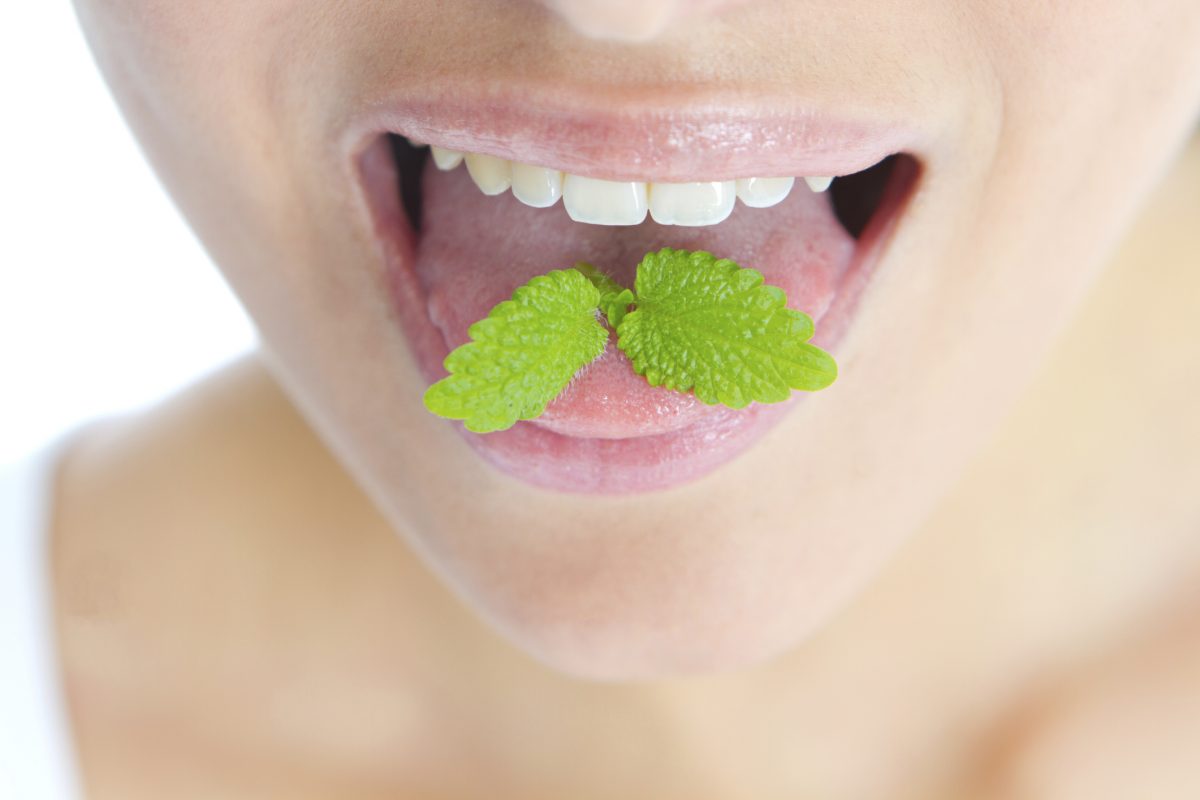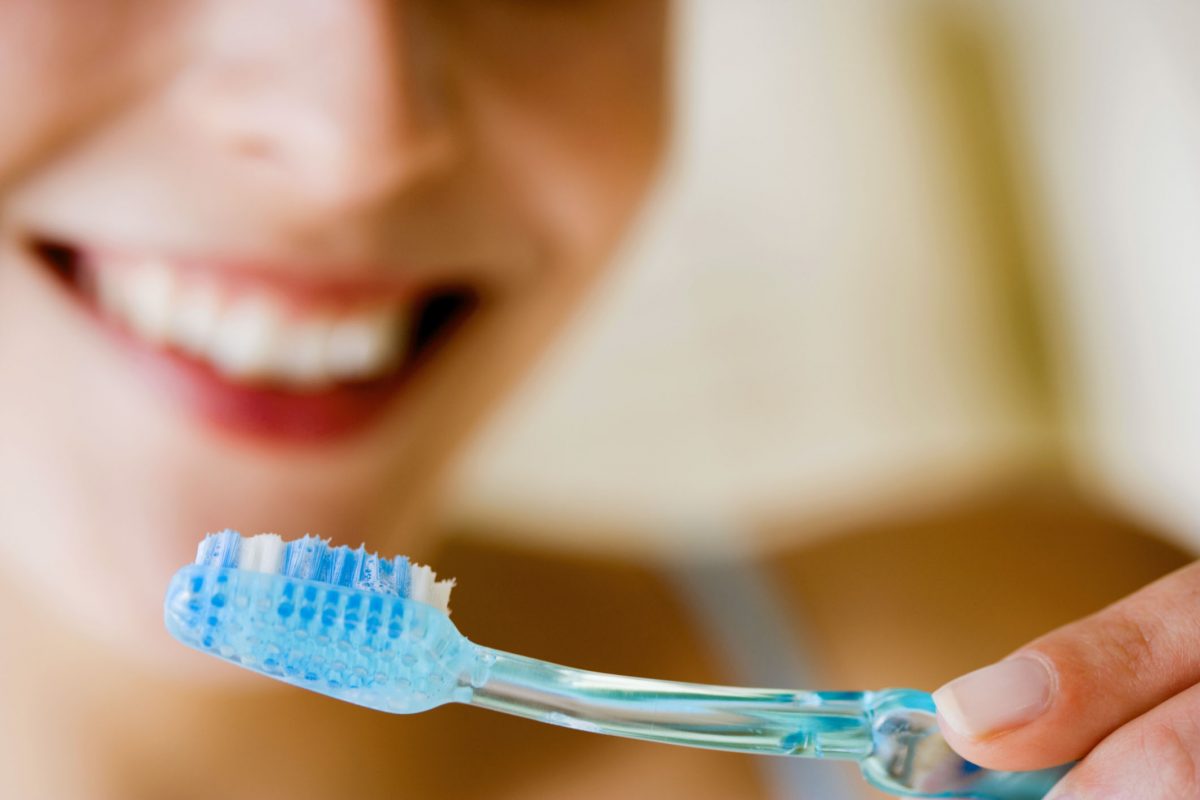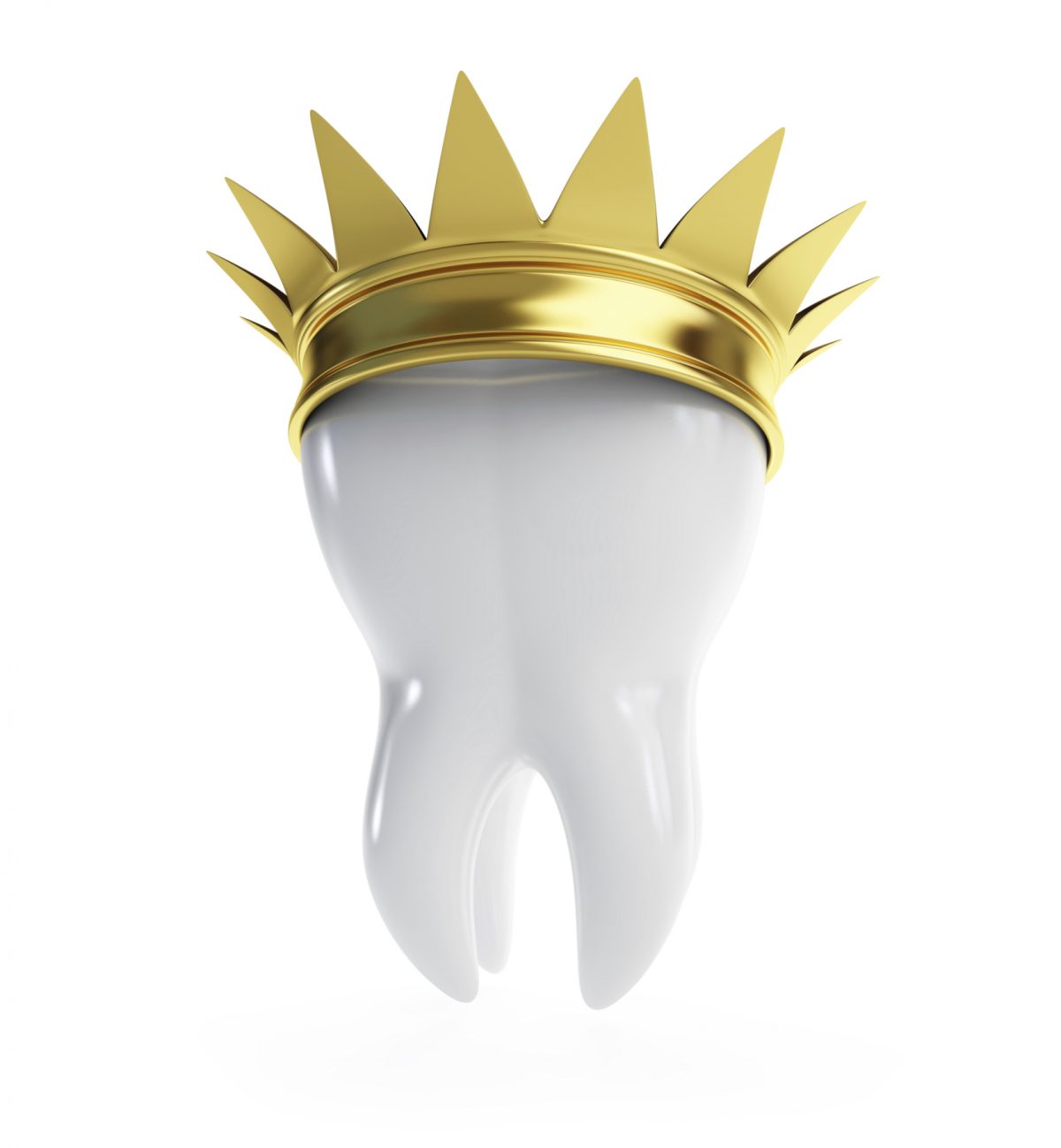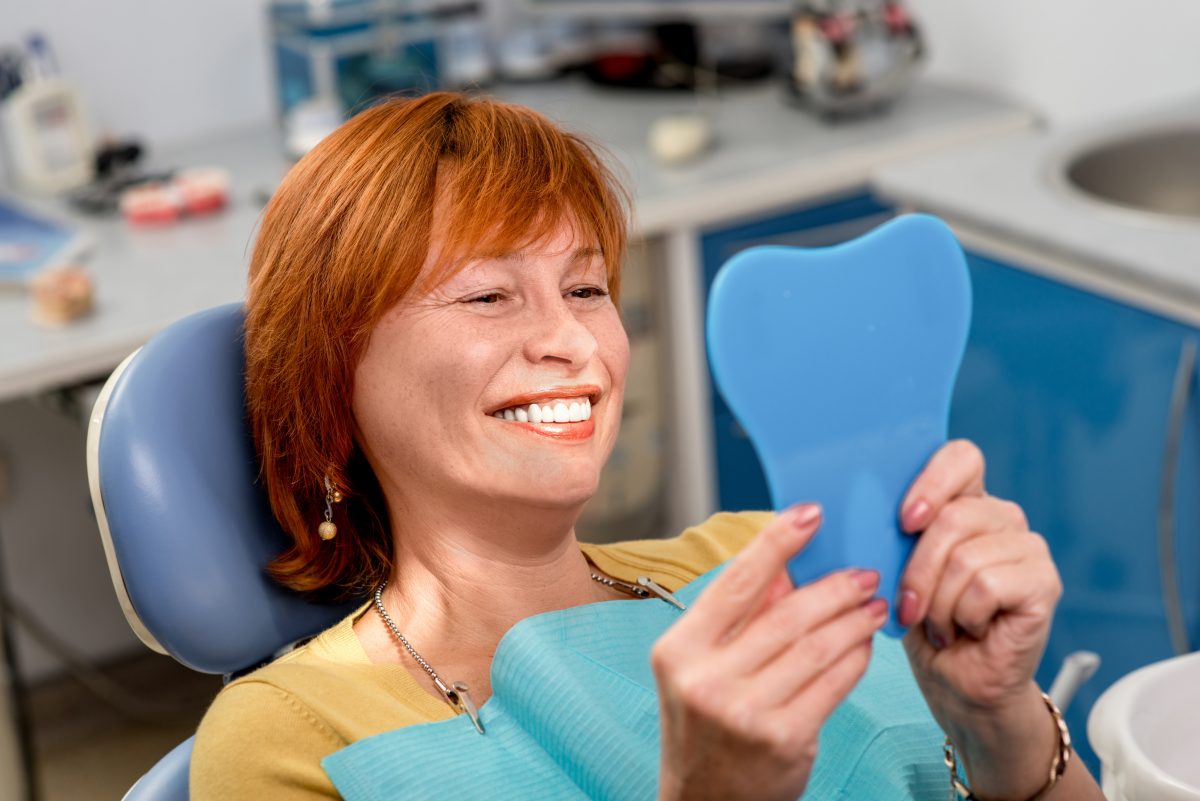A trip to the dentist often invokes anxiety for both children and parents alike. However, transforming the dental visit into a positive and enjoyable experience is crucial for fostering good oral health habits from a young age. In this blog post, we’ll explore effective strategies to help kids not only overcome their dental fears but actually look forward to their visits.
Start Early
Introduce the concept of dental care to children at an early age. Begin by incorporating a gentle tooth-cleaning routine into their daily activities. By making oral hygiene a familiar and positive aspect of their routine, children are more likely to view dental visits as a natural part of maintaining a healthy smile.
Choose a Pediatric Dentist
Opt for a pediatric dentist who specializes in children’s oral health. These professionals are trained to work with kids, creating a friendly and comfortable environment that caters specifically to their needs. Pediatric dental offices often feature vibrant, kid-friendly decor, and the staff is well-versed in making children feel at ease.
Educational Approach
Help kids understand the importance of dental visits by explaining the role of dentists in keeping their teeth healthy. Use age-appropriate books, videos, or even interactive apps to educate them about dental care. This knowledge can demystify the process and empower kids to take an active role in their own oral health.
Familiarize with Equipment
Fear often stems from the unknown. Before the actual dental visit, familiarize your child with the dental equipment in a playful manner. Use a toy toothbrush to mimic teeth cleaning, or let them explore dental instruments in a non-threatening environment. This hands-on approach can reduce anxiety associated with unfamiliar tools.
Role Play at Home
Engage in dental role-playing activities at home to make the experience enjoyable. Take turns playing the dentist and the patient, using a mirror to “examine” each other’s teeth. This playful approach can help normalize the dental check-up process and alleviate anxiety.
Positive Reinforcement
Offer positive reinforcement before, during, and after the dental visit. Praise your child for their bravery and good behavior. Consider creating a reward system, such as a sticker chart, where successful dental visits lead to small rewards. This positive association can contribute to a more pleasant experience.
Interactive Waiting Area
Choose a dental office with an interactive and child-friendly waiting area. Many pediatric dental offices feature play areas, colorful decorations, and entertainment options tailored to children. A welcoming waiting area can set a positive tone for the entire visit.
Transforming a dental visit from a dreaded experience into an enjoyable one is possible with a combination of early exposure, education, and positive reinforcement. By incorporating these strategies, parents can play a pivotal role in helping their children build a foundation of good oral health habits that will last a lifetime. After all, creating smiles should begin with creating positive memories at the dentist.
If you would like to find out more, contact Dr. Ahmadi at 323-312-0500 to schedule a consultation or visit www.dentalandimplantcare.com for additional information.
Dr. Mike Ahmadi proudly serves Bell and all surrounding areas.






